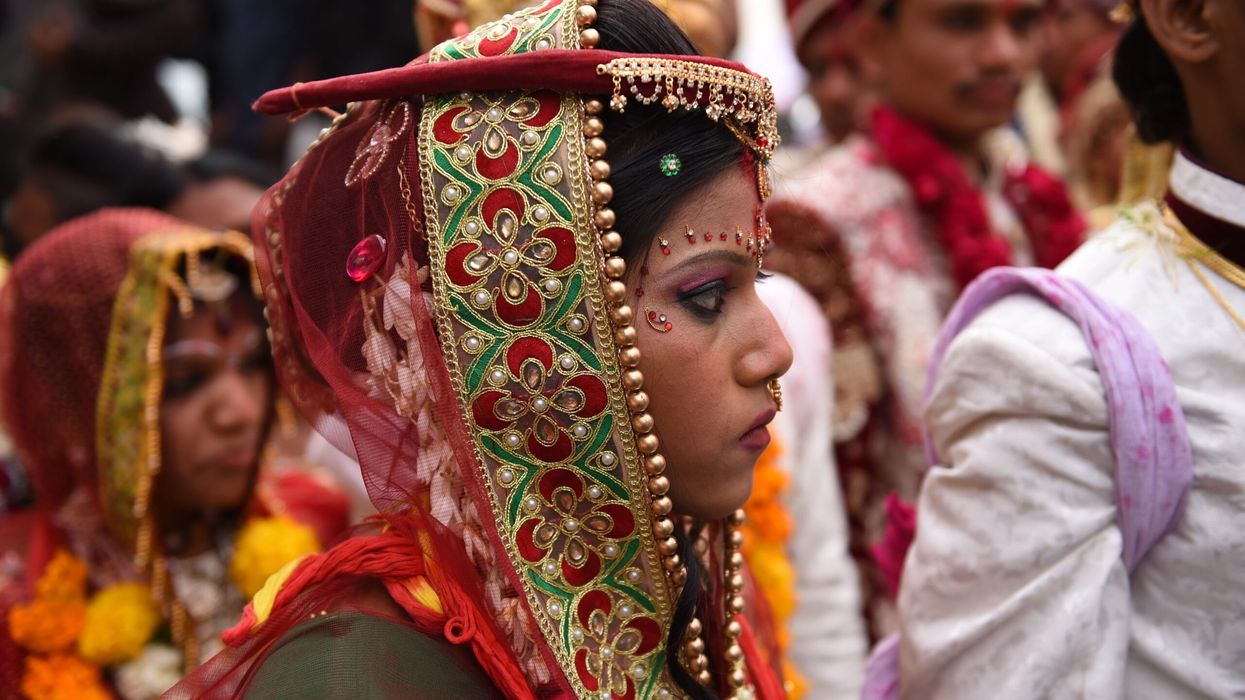Indian weddings are much more than uniting two souls spiritually, mentally, and physically: they are a treat to the senses.
Indian weddings are known for their grandeur, vibrant colours, lively ambience, scrumptious food, mouth-watering sweets, elaborate rituals, and extravagant celebrations that last for several days.
There is no denying the fact that big fat Indian weddings have always intrigued the world, and if you are a curious foreign tourist in India who wants to experience the magnificence of such weddings, you can pay to do so. Yes, you read that right.
An Australia-based startup called JoinMyWedding is helping tourists from abroad attend colourful and grand Indian weddings by paying up to approximately £160. Most of the contributions from the tickets go to the couples getting married, but the start-up takes a cut.
According to CNN, JoinMyWedding was founded by Hungarian-Australian Orsi Parkanyi in 2016 and promises “the ultimate cultural immersion”.
The company's website mentions that there are more than 300 different types of weddings in India and the country celebrates 11 million weddings a year.
"If you think about it, there's nothing more cultural than a wedding because you have every cultural element present: The local people, local food, customs, the outfit, the music, basically every cultural element is right there," Parkanyi told CNBC.
She explained that the idea for the start-up came from her own experiences of missing out on her friends’ weddings. The decision to focus on Indian weddings was because they are “world-famous” and most non-Indians would not have a chance to attend one unless through personal connections.
“Experiencing all the cultural elements at once, meaningfully connecting with the locals in India, that’s a huge motivating factor for the travellers,” she said. “It’s a safe experience. You attend an event with hundreds of people, you’re a distinguished guest, and people look after you,” she added.
Parkanyi said that travellers have attended more than 100 Indian weddings through her start-up.
How does this business work? Here are some basic steps:
- The Indian couples due to get married have to register their wedding details on the website.
- International tourists visiting India can purchase tickets to the wedding they wish to attend
- The Indian couples cum wedding hosts take a meaty share of the ticket money, but the start-up also earns its fee.
- Both parties meet up or have a phone chat to get acquainted with each other. The guests are given tips on what to wear to suit the occasion and what to look forward to at the wedding functions.












